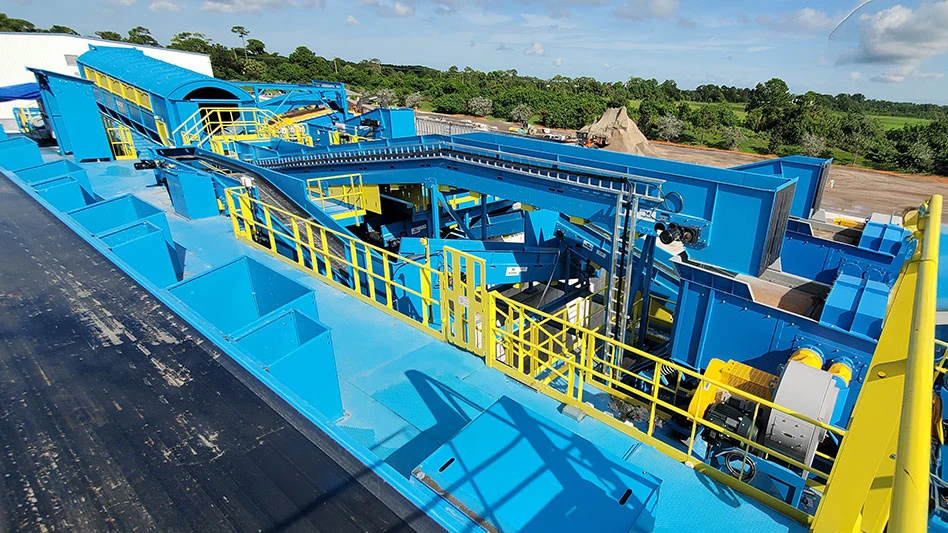India's imports of scrap copper, brass and aluminum are being bogged down by stricter enforcement of environment licensing regulations.
The legislation, which dates back to 2003, had previously been lightly enforced, but now government officials have started to use the law more actively.
"We have told the ministry of environment that scrap metals like copper, brass, zinc and aluminum are not hazardous. There is no need for such regulation," said Rohit V Shah, president of the Bombay Metal Exchange.
Only fabricating or processing firms registered with the pollution control board can import scrap and the registration process takes months to complete. The permits are not issued to trading companies.
Shah noted that since traders cannot import, small firms who do not have the capacity to buy from overseas have to pay more for their raw materials.
Scrap metal usually costs at least 20-25 percent less than primary metal.
"More than 100 firms have stopped manufacturing because of the regulation," he added. "This has happened because they had received notices from the pollution control board."
India imports about half of the 1.2 million metric tons of scrap metal consumed annually in the country.
Analysts expect scrap imports could slow 15 percent from about a million metric tons last year.
"Some of the import shipments have started slowing down because of the environment regulation," said Rafiquebhai Kothari, president of the Bombay Non-Ferrous Metals Association Limited.
"The import of items like zinc dross and lead scrap have fallen drastically," he added.
He said a portion of the metal was used by companies that export handicrafts. "High material costs will affect their competitive edge," he added.
But a Greenpeace official said the stringent import rules were needed as there was always a danger that toxic by-products would also be shipped in with the scrap metal.
"Metal scrap has a hazardous nature," said Ramapati Kumar, a Greenpeace campaigner. "If you are going to melt it and refine it here, lots of toxic materials and dangerous gases can come out."
He said scrap metal imported into India had even been traced back to debris from the collapsed World Trade Center towers, while old ships, dismantled in India, often contained a cocktail of toxic chemicals.
"It can not only pollute the environment, but also poison the workers handling such metal," Kumar said, adding that sometimes shrapnel from bombs and explosives had been shipped in.
Metal industry officials say the scrap imports are a mix of pure metal from shredded building hardware, handicraft, utensils and household cables and other goods that have not been broken up.
Shah said a large amount of the metal scrap being imported met standards defined by the internationally recognized BASEL committee. Reuters
Latest from Recycling Today
- Greenwave raises revenue but loses money in Q2 2025
- Recycled steel prices hold steady
- EY says India’s need for scrap imports will continue
- Coming full circle
- Amcor, DCM introduce fertilizer packaging with 35 percent recycled content
- Comstock Metals gets closer to commissioning commercial-scale solar panel recycling facility
- Washington selects Circular Action Alliance as PRO
- Smurfit Westrock expands in Latin America





